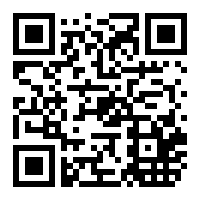Home > Implementation > Classroom Educators > Middle School Teacher’s Guide: Part 2
Second Step® Middle School Teacher's Guide: Part 2
Maintaining Momentum
Congratulations—you’re near the midpoint of the school year! Whether you’re partway through Second Step® Middle School, just kicking off your social-emotional learning (SEL) work, or looking to reset and revitalize your program implementation, now is a great time to reflect on the year so far and make a plan to finish strong.
Key Moments
Reflect on Your Own Work
- Take a moment to think about the successes and challenges you’ve experienced with Second Step Middle School so far, and how you’ve supported your students’ SEL. Identify what you want to focus on as you move forward.
Connect with Families
- Use the weekly family communications to inform parents and caregivers and engage them in their children’s SEL.
Continue Your Professional Development
- Review our training resources or view an on-demand webinar.
Collaborate with Colleagues
- Co-plan an academic activity that integrates social-emotional skills such as problem-solving or emotion management.
- Identify a shared emotional vocabulary to emphasize throughout the school.
- If a colleague is having difficulties with the program, offer to model a lesson or co-teach it with them.
Resource Library
Family CommunicationsLogin Required
Use the weekly family communications to inform families about what their children are learning.
Program Training ResourcesLogin Required
Use these articles to help build your mastery of Second Step Middle School.
On-Demand Specialty WebinarsLogin Required
Access this collection of professional development webinars presented by Committee for Children, the maker of Second Step® programs. Check back monthly for new additions.
Free SEL ResourcesLogin Required
Use these free SEL activities aligned to the Second Step family of programs to supplement your weekly lessons.
Join the Second Step® Educator Community
Tap into the collective wisdom of thousands of teachers around the nation—and the expertise of Committee for Children staff—in this free professional learning community (hosted on Facebook). Ask questions, learn in the company of peers, and share experiences and ideas to improve the program.
Visit the community’s Facebook page to join.
